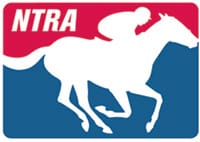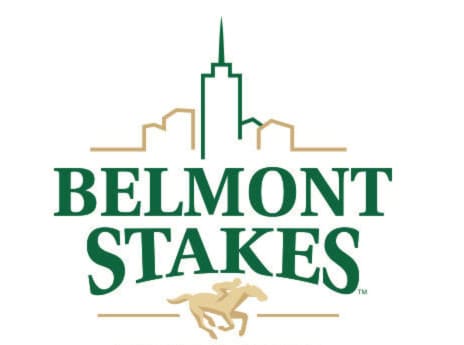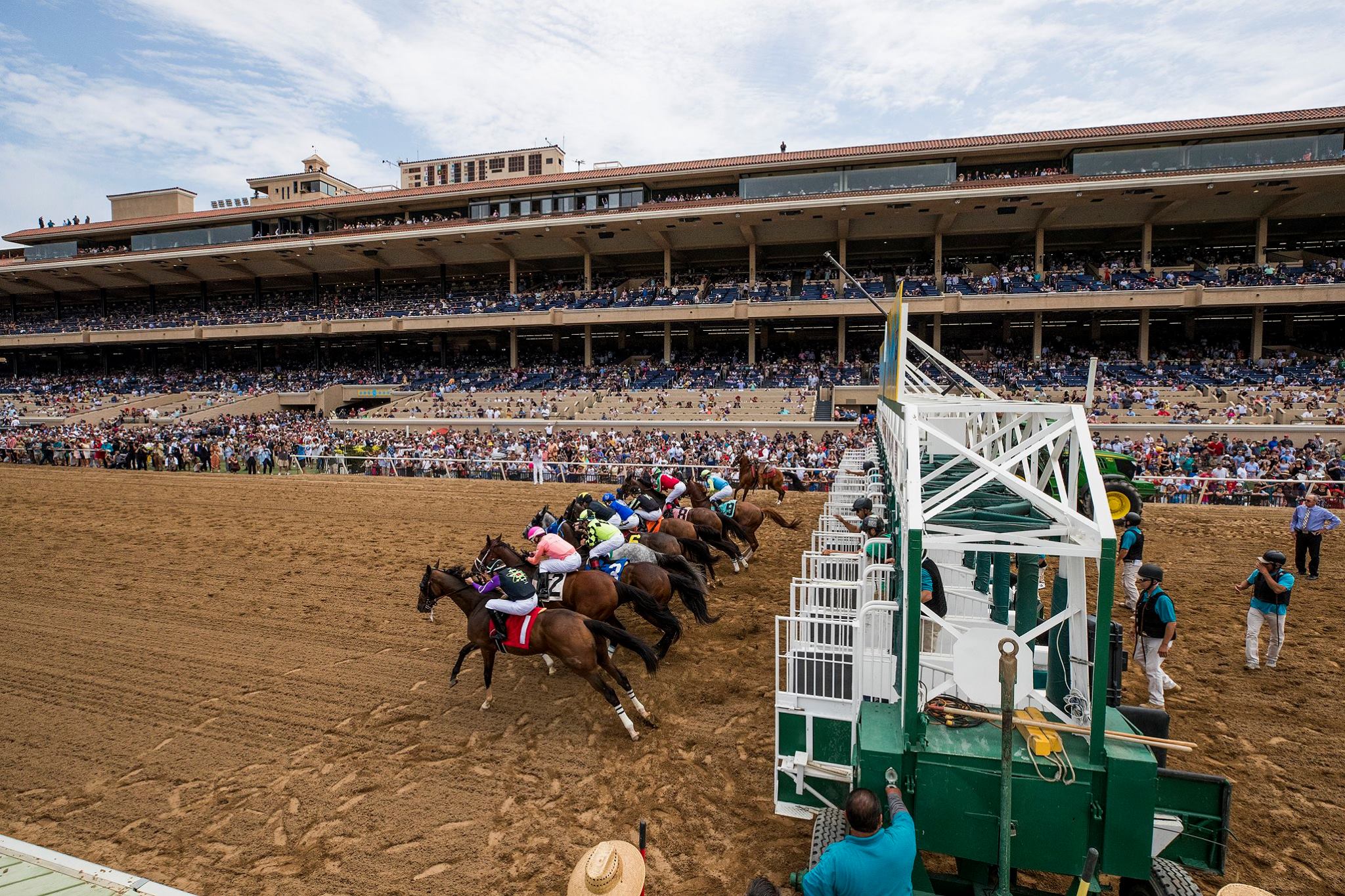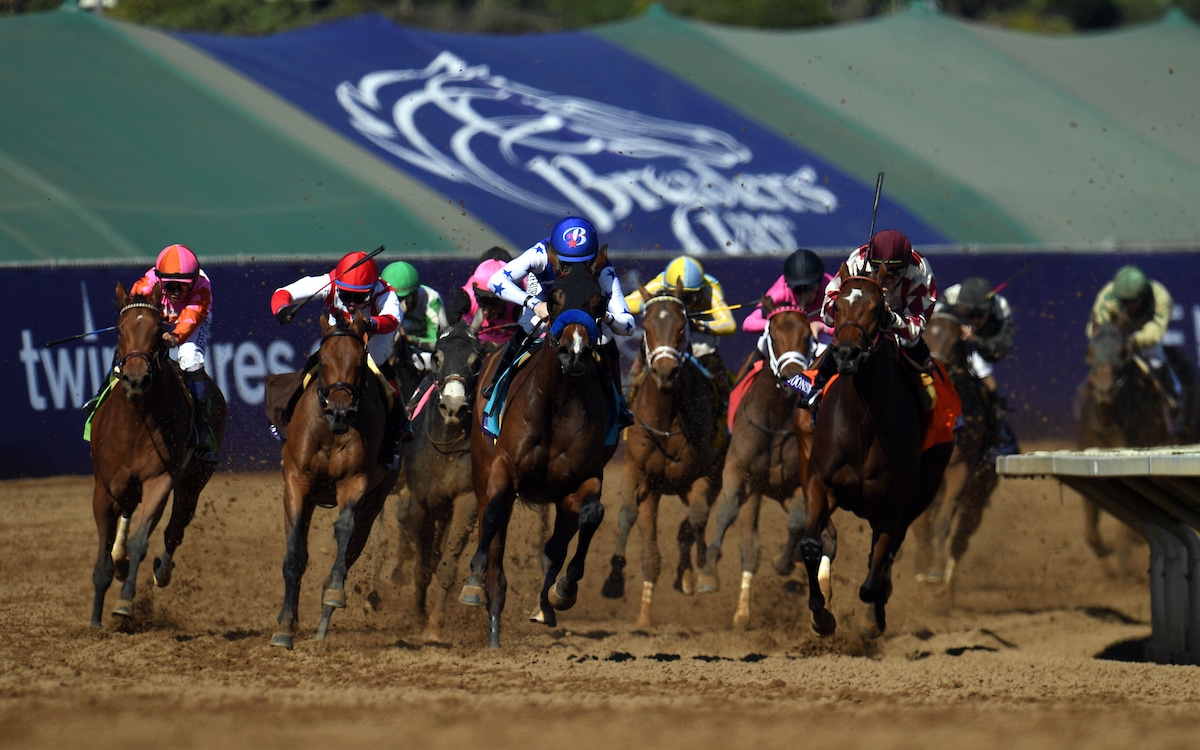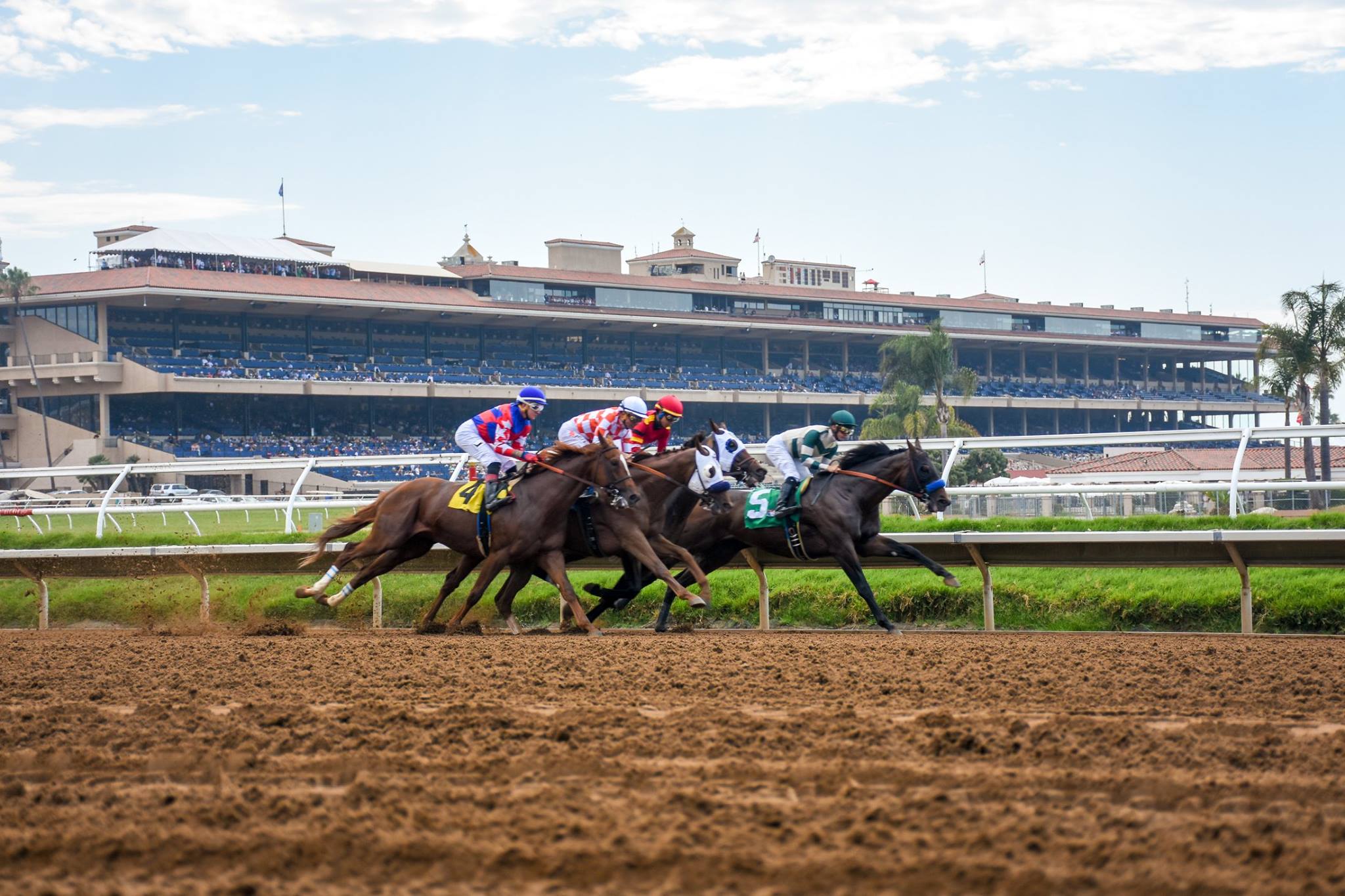
Sports betting in New Mexico is close to becoming a reality. (photo credit: © Cheryl Quigley | Dreamstime.com)
Horse racing has been legal in New Mexico since 1947, but it’s only some 70 years later that betting on sports is close to being officially authorised.
The commission regulating the sport in the American-Mexican border state has undergone recent changes after being unable to reach a decision over which proposed sites to award a “racino” license to. These licenses are highly sought after as they allow certain forms of gambling at racetracks via the building of a casino on-course.
With the New Mexico Governor fighting for horse racing in the US state, last year’s landmark Supreme Court ruling could see sports betting become more widespread throughout America. This overturned a piece of legislation known by the acronym PASPA.
It stands for Professional and Amateur Sports Protection Act. This law more or less prohibited gambling on sport throughout America, with the exception of the state of Nevada, which is renowned as the USA’s betting hub.
When the state of New Jersey lodged an appeal against and challenging the sanctions of PASPA, the Supreme Court decided to end the near nationwide ban on betting. Each state will now have to rule on its position as regards to gambling.
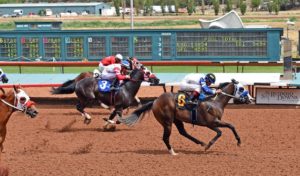
Ruidoso Downs is a horse racing track in New Mexico. The track hosts both Thoroughbred and Quarter Horse racing, notably the All American Futurity, the richest race in Quarter Horse racing. (Photo credit: Ruidoso Downs).
It’s been a priority for some but not for others. As an interim measure, New Mexico has cleverly used a loophole in its agreements, called compacts, with Native American tribes.
These became statutory law in 1995 and there are no sanctions against sports betting for casinos built on land owned by members of the Santa Ana tribe. All forms of Class III gambling, including sports betting, are allowed on these premises.
This all comes without any official ruling from the state on gambling, although the minimum legal age to bet of 21 does apply. That has left each of the casinos on Sana Ana tribal lands as responsible for setting their own rules and limits via the Pueblo of Santa Ana Gaming Regulatory Commission.
And yet, Native American casinos like the one at Buffalo Thunder Resort in New Mexico’s state capital Santa Fe were prepared to open a sportsbook right away following the Supreme Court’s decision. Taking full advantage of the commercial autonomy such sites have in this regard makes plenty of business sense.
Only five casino venues in New Mexico currently have received a “racino” license and adding a sixth partner would see revenue split further between state government and casinos.
That smaller share of funds was one of the reasons why the previous horse racing regulatory commission in New Mexico was reluctant to decide over prospective candidates for another license.
As an industry, betting here is still embryonic with three tribal sites governing all gambling activities themselves. The state has not even passed a bill legalising sports betting in the already licensed “racino” franchises yet.
With operations based out of America’s betting capital Las Vegas, and no framework in place for mobile and online sports gambling which has revolutionised the industry in the UK and Europe, there is still a long way to go.




